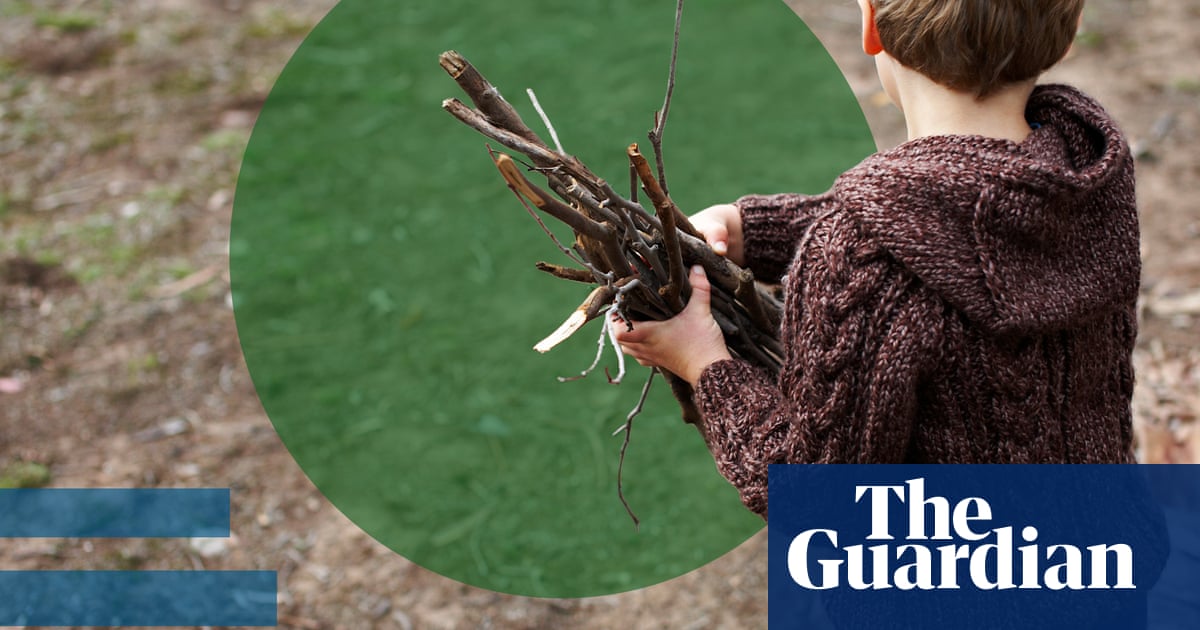Although it’s unfair, it’s young people (and the generations to come) who will have to deal with fallout from the climate crisis. So how do you talk to young people about living sustainably and raise knowledgeable kids who care about the future of the planet?
Here are some tips for engaging the next generation on the environment meaningfully.
Damon Gameau, actor, film-maker and director of documentaries including 2040 and the upcoming Future Council, says we have built a system that doesn’t value nature – and that needs to change. “Very quickly, children aren’t encouraged to care. They’re encouraged to try and extract and conquer and win and compete.”
Instilling care and empathy in children works in a similar way to teaching them most other things: through modelling, education and good conversations.
Susy Lee, author of Raising Kids Who Care and an educator with 18 years’ experience, says the first step is being intentional about what you’re trying to teach. “We need kids who know [that they] don’t need to be suckered into buying more stuff [and] that generosity and compassion and helping others is actually what makes them happy.”
Good conversations need two things, she says: curiosity and positivity. Don’t lecture, be collaborative and be guided by questions. Listen more, talk less.
Involving kids in age-appropriate discussions about what matters, then modelling good choices, leads to positive outcomes. Some starting points are: discussing where to donate money and time, whether to get an electric vehicle or petrol car, or visiting your local MP to raise issues important to your community.
Gameau says adults can also help by acknowledging the size and scariness of the issues, and letting kids feel anger, sadness and fear. Young people already know about the threats, he says, pointing to an international survey that foundnearly 60% of young peoplewere either very or extremely worried about the environment.
Then connect kids (and adults!) with the living world again: spend time in nature, get to know the bird varieties and tree species around you, have adventures outside. It’s easier to care about things you know, see and experience. Take the time to stop, examine and discuss. Seek out joy, beauty and fun to counterbalance the gloom.
Zena Burgess, CEO of the Australian Psychological Society, emphasises the importance of action and taking individual steps that build a community of people making positive progress. This is echoed by Lee and Gameau, and reflects Bob Brown’s catchphrase: action is the antidote to despair.
Start where your kids are. If they love the ocean, take them snorkelling, watch documentaries, pick up rubbish on the beach. Look for ways to reduce plastic in the home and community, join campaigns against single-use plastic. Follow the children’s lead, show them hope and possibilities, and steer clear of overwhelm.
It’s not the kids’ responsibility to fix things, it’s ours. But we can support them, combining their ideas, creativity and passion with our knowledge and experience. This help ranges from having good conversations to dealing with emotions, arranging logistics, finding information and joining organisations. And it extends beyond our own children: we’ll all be affected by the future we’ve created, and need to use our skills and connections to make a difference in any way we can.
Look for ways to make it fun. Jump in the surf after you’ve cleaned the beach; revel in your results. You’re joining a community of billions of people taking action across the world. Spread the hope and joy of these stories; seek out the positives. Make sure there’s a clear link between doing good and feeling good and make it something others want to join. Make it cool to care.
Raising kids who care is a matter of balancing the truth of where we are with the resilience of both the natural world and human endeavour. As Gameau says, “There’s something beautiful about the human spirit, particularly when its back is against the wall and innovation and creativity get unleashed. We’re capable of doing extraordinary and wonderful things.”
